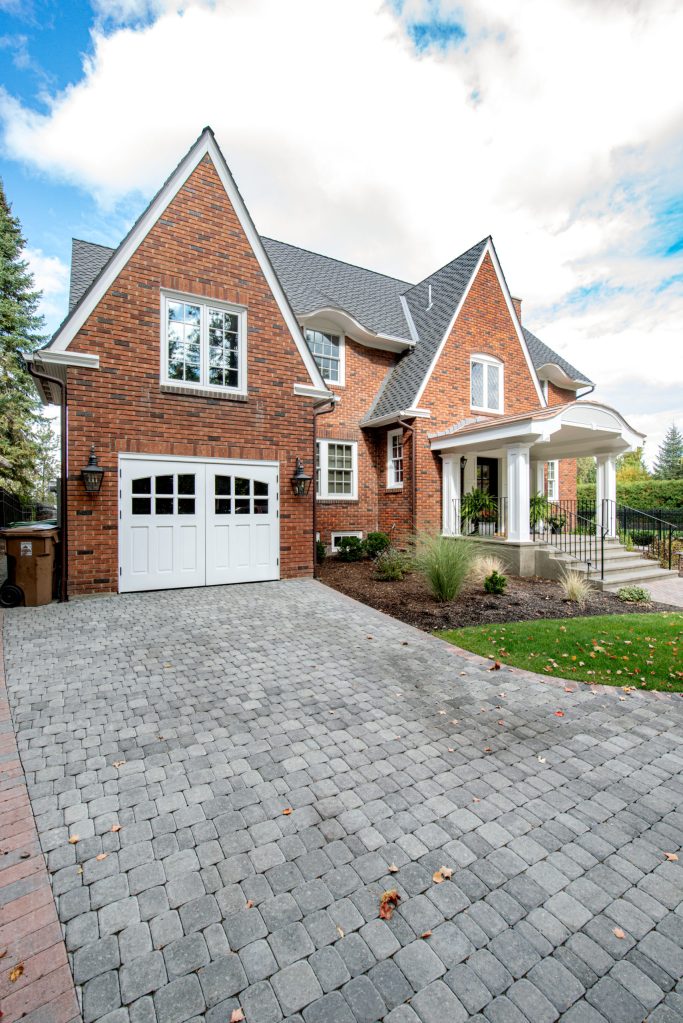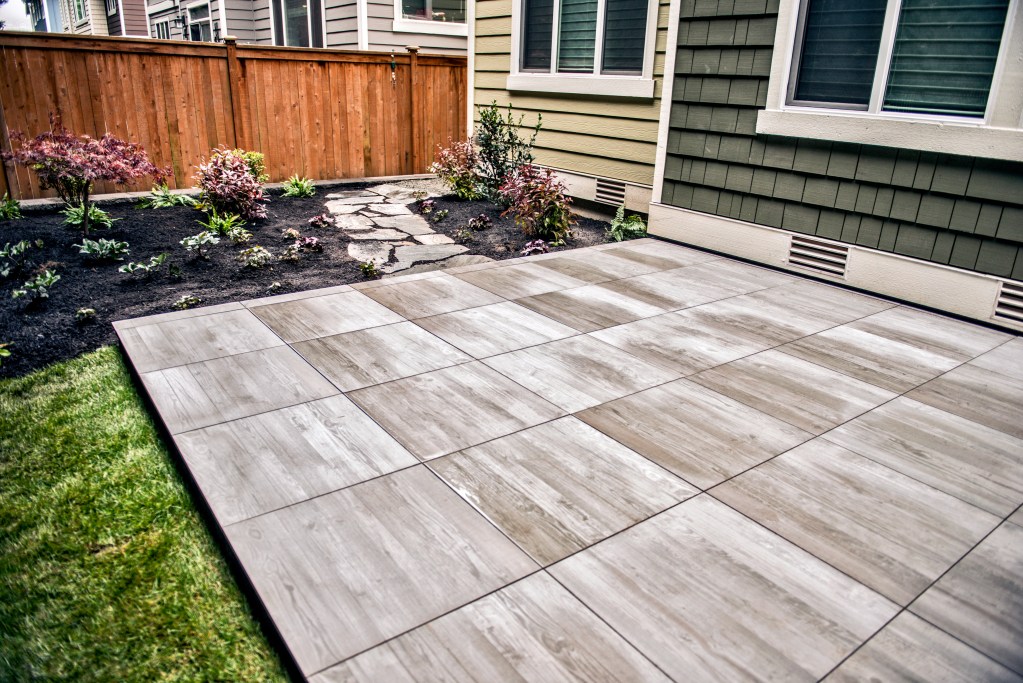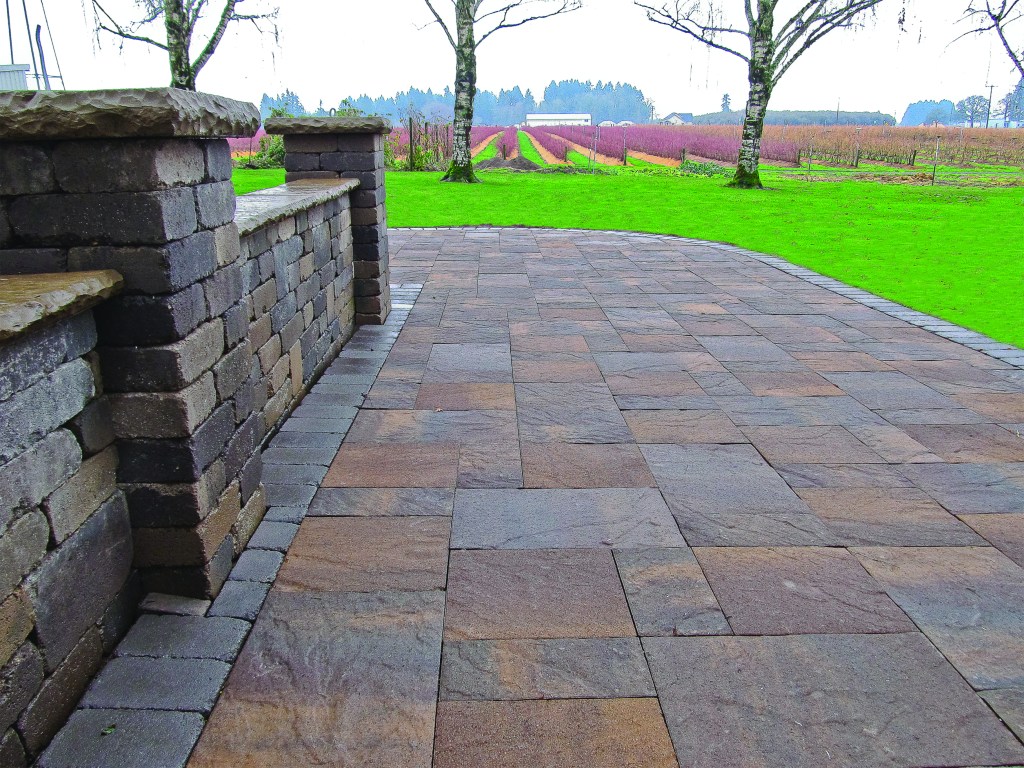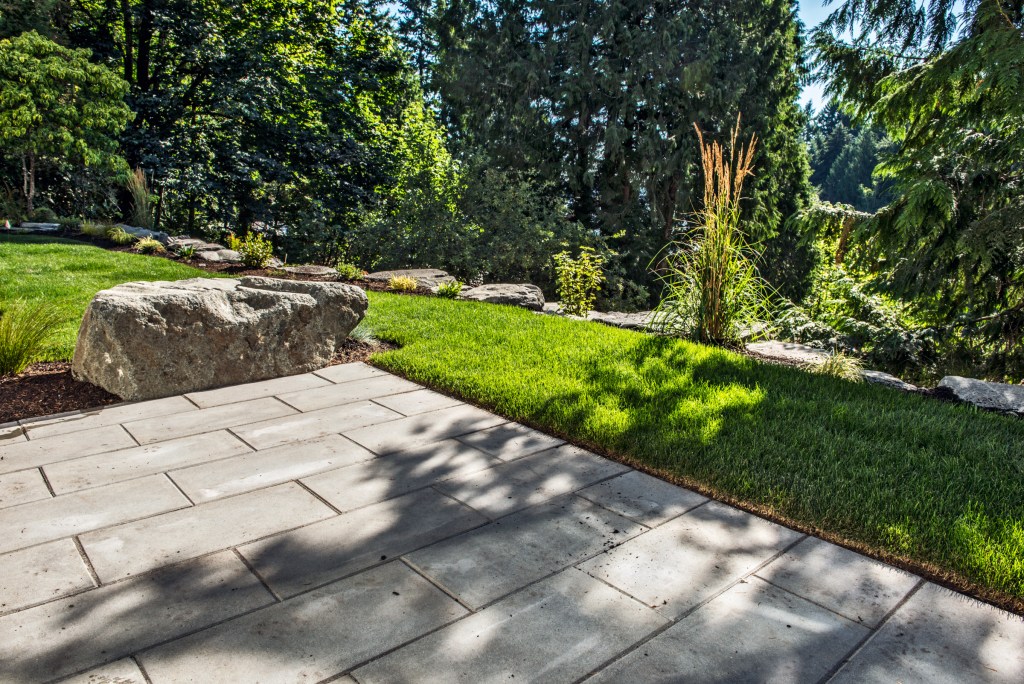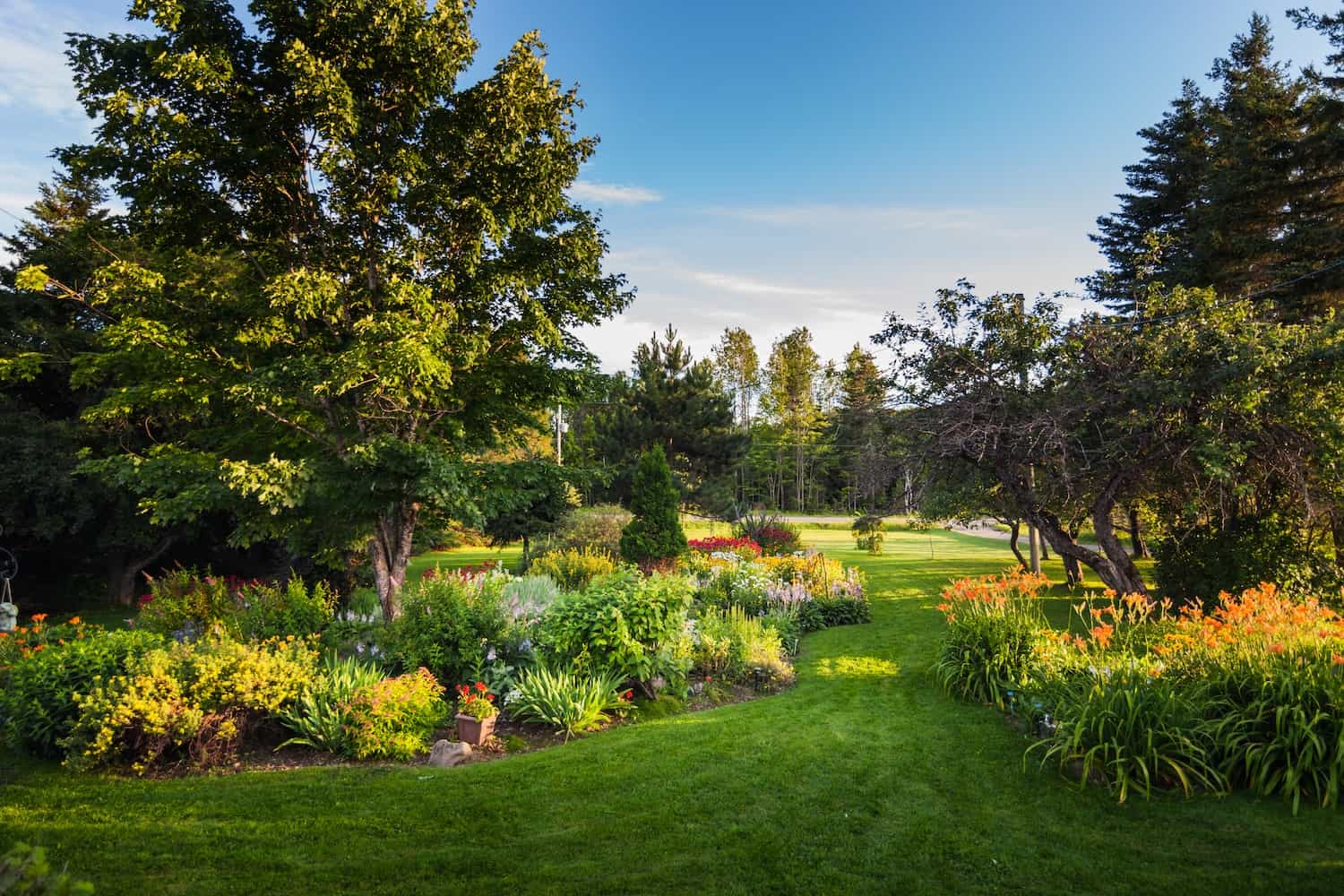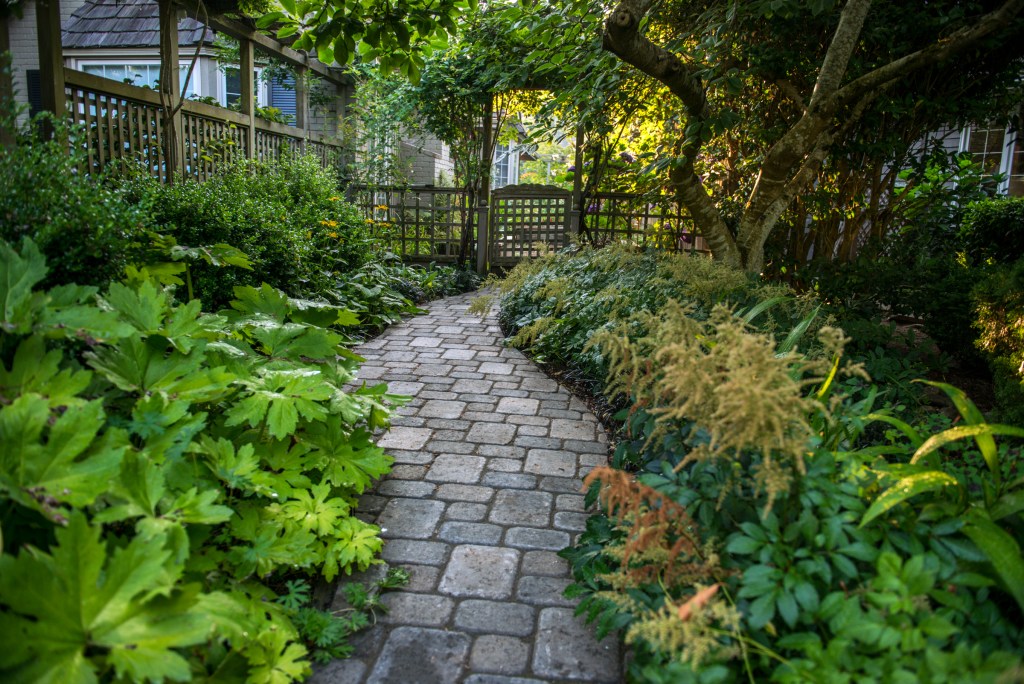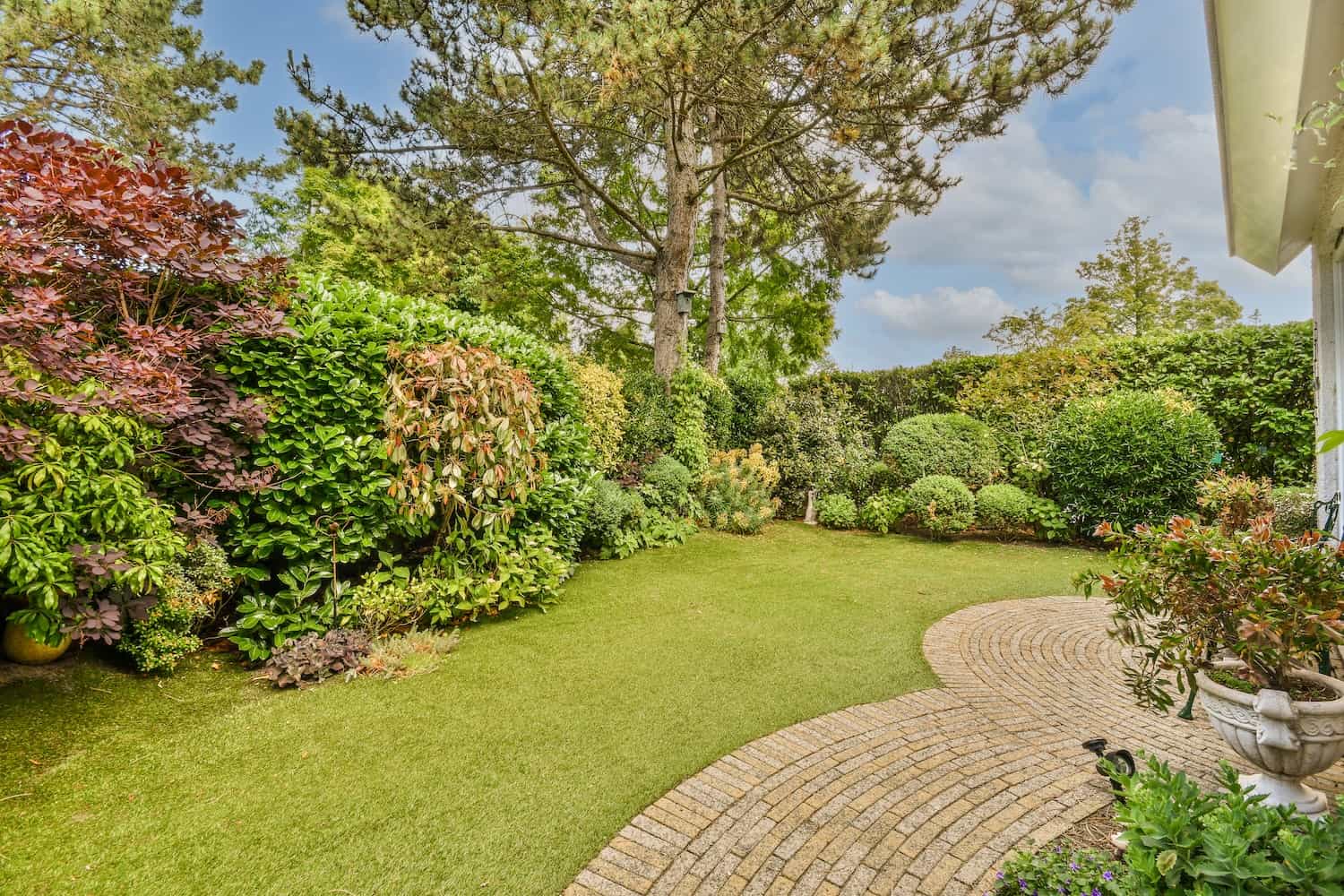Hey there, I’m Mr. Lee from Lee’s General Landscaping.
As you settle into your Seattle home, you might find a few areas in your yard where the land just doesn’t cooperate—maybe a steep slope here, a bit of uneven ground there. That’s where retaining walls step in, offering both practical support and a chance to add character to your landscape.
Let’s walk through the basics and beyond, so you’ll feel confident whether you’re tackling a simple project on your own or teaming up with professionals like us.
1. Introduction to Retaining Walls
Definition & Purpose:
A retaining wall is like a sturdy backbone for your yard, holding soil in place and reshaping your outdoor space so it’s more usable.
Benefits in Landscaping:
They’re not just about keeping dirt where it belongs. Retaining walls help create functional areas—think of them as mini terraces that transform a challenging slope into a cozy patio or garden bed. Plus, they can direct water where you want it, rather than letting it erode your soil.
Common Applications:
- Slopes: Turn a sloped yard into flat, friendly terraces.
- Gardens: Give your favorite flowers and veggies a supportive stage to shine.
- Patios & Driveways: Frame these areas or keep soil from creeping onto your beautiful new pavers.
2. Types of Retaining Walls
Gravity Walls:
These are like the strong, silent types—heavy blocks or stones relying on their own weight to hold everything in place.
Cantilevered Walls:
Picture a well-designed shelf bracket holding up your soil. These use a clever base design to counter the pressure behind them.
Anchored Walls:
They’re like walls with a secret support system—anchors hidden in the soil give extra strength where needed.
Modular & Segmental Walls:
Pre-cast blocks fit together like puzzle pieces. Easy to install, adjustable, and great for DIY enthusiasts.
Living Walls (Green Walls):
Add a burst of life to your landscape. These walls incorporate plants right into the structure, blending function and beauty seamlessly.
3. Materials for Retaining Walls
Natural Stone:
Rustic and timeless. Each stone is unique, bringing a charming, organic feel to your yard—like having a piece of nature’s art gallery right at home.
Concrete Blocks:
Think of these like your favorite multi-tool. They’re versatile, come in various shapes and colors, and are relatively straightforward to work with.
Timber:
Wood adds warmth and a natural vibe. Just keep in mind it may need more maintenance over time, a bit like resealing a wooden deck.
Steel & Gabion Walls:
For a modern or industrial look, steel or wire baskets filled with stones (gabions) make a bold statement.
Choosing the Right Material:
This depends on your style, budget, and how much maintenance you’re up for. We’ll help you find the perfect match.

4. Design Considerations
Site Topography & Soil Types:
Seattle’s unique terrain and soil calls for a bit of homework. Understanding what lies beneath ensures your wall stays steady.
Drainage & Water Management:
Water can be a tricky guest. Plan drainage so it flows away gracefully—think of it like setting house rules so guests don’t overstay their welcome.
Aesthetics (Color, Texture, Style):
Your wall should feel like it belongs, blending with your home and garden. Choose colors and textures that complement your home’s personality.
Height, Width & Safety Regulations:
Be aware of local rules. Too tall or too close to a property line might require permits and safety checks.
5. Planning Your Retaining Wall Project
Site Analysis & Measurement:
Start with a tape measure and a sketch. Knowing your space inside and out helps prevent surprises later.
Design Plans & Blueprints:
A simple drawing can guide you through the entire project—like a map leading you to landscaping treasure.
Cost Estimation & Budgeting:
Set realistic numbers for materials, labor, and any professional help you might need.
Permits & Approvals:
Sometimes a quick chat with the city is needed. It’s like checking in with a neighbor before throwing a big backyard party.
6. Site Preparation & Excavation
Tools & Equipment:
You might need a shovel, wheelbarrow, and possibly some heavier machinery if the job’s big. Think of it like prepping for a kitchen remodel—just outside.
Steps for Preparing the Site:
Clear debris, grade the area, and ensure no roots or rocks are in the way. A smooth canvas makes painting the final picture easier.
Identifying Utilities:
Before you dig, know where power lines or plumbing pipes are. It’s like checking behind a wall before hanging a heavy shelf.
7. Building the Base
Importance of a Solid Foundation:
No matter how pretty your wall, it won’t last without a stable base. This is your wall’s “bedrock,” keeping it strong for years.
Base Materials (Gravel, Crushed Stone):
These help with drainage and stability, working like a comfortable pair of supportive shoes for your wall.
Compaction Techniques:
Pack it down well. A firm base means less shifting over time.
8. Constructing the Retaining Wall
Step-by-Step Installation:
Whether you’re stacking stones or fitting pre-cast blocks, take it slow. It’s like assembling a puzzle: each piece plays a part in the bigger picture.
Aligning & Leveling:
A level tool is your best friend. Even the slightest tilt now could become a bigger problem later.
Drainage Solutions:
Incorporate weep holes or perforated pipes to let water out, like giving your wall tiny “breathing” vents.
9. Backfilling & Compaction
Proper Backfilling:
Fill the space behind the wall with suitable soil or gravel for support. It’s like fluffing the cushions behind your back—keeps everything comfy.
Soil Compaction:
Compact as you go, ensuring stability. Loose soil today might mean a wobbly wall tomorrow.
Managing Erosion:
Good drainage and proper backfill help prevent the soil from washing away, especially in our rainy Seattle climate.

10. Finishing Touches
Capstones:
Top off your wall with a finishing touch that looks great and adds stability—like the icing on your cake.
Landscaping Around the Wall:
Add plants, lighting, or decorative elements to blend the wall into your yard’s overall style. It’s like accessorizing an outfit.
Transitions Between Levels:
If you’ve got multiple terraces, gentle slopes or steps help everything flow together.
11. Maintenance of Retaining Walls
Regular Inspection & Tasks:
A yearly check can catch small issues before they become big ones, much like a routine doctor’s visit.
Signs of Failure:
Keep an eye out for cracks or bulges, like watching for wear on a favorite pair of shoes.
Repair Techniques:
Many fixes are straightforward. Replace a block here, re-tamp some soil there, and you’re set.
12. Sustainable Practices
Eco-Friendly Materials & Techniques:
Choose locally sourced stone or recycled materials. Good for the environment, and good for your conscience.
Native Plants for Erosion Control:
Let your wall and greenery work together, turning your yard into a natural team effort.
Rain Gardens & Bioswales:
Control water runoff and help the environment at the same time—like giving back to Mother Nature.
13. Case Studies & Inspiration
Successful Projects:
Look at examples of other homeowners who’ve turned tricky slopes into beautiful, functional spaces.
Design Variations:
From sleek modern walls to lush plant-filled terraces, there’s an approach for every style.
Lessons Learned:
See what worked, what didn’t, and gather inspiration for your own project.
14. DIY vs. Hiring Professionals
Assessing DIY Feasibility:
If you enjoy hands-on projects and have the time, a small wall might be a rewarding DIY adventure.
When to Hire a Contractor:
For larger or more complex projects, calling in the pros can save you headaches and ensure long-term success.
Budgeting for Professional Help:
Sometimes the peace of mind is worth the investment—no stress, just results.
Summary Notes:
We’ve covered everything from why retaining walls matter to the nitty-gritty of building and maintaining them. By blending practical advice with design inspiration, you’ll be ready to transform challenging landscapes into beautiful, functional spaces.
- Retaining Walls = Structural Support: Like the spine of your yard, holding everything together.
- Drainage = Water Management System: Similar to plumbing, guiding water where it needs to go.
- Building a Wall = Assembling a Puzzle: Every piece matters.
- Maintaining Walls = Home Repairs: Routine checks prevent big problems later.

Remember, I’m here to help. If you find yourself knee-deep in questions or prefer to leave the job to professionals, give me a call. Together, we’ll create a landscape that respects the Pacific Northwest’s natural beauty and invites you to savor your outdoor space every single day.
About the Manufacturer: Mutual Materials
At Lee’s General Landscaping, we’re proud to use products from Mutual Materials, a trusted leader in hardscaping and masonry for over 120 years. Founded in 1900 as Builders Brick Company, Mutual Materials played a pivotal role in rebuilding Seattle after the Great Fire and has since expanded to serve the entire Pacific Northwest and Western Canada. As a fifth-generation, family-owned company, their commitment to quality and craftsmanship aligns perfectly with our standards. Their durable and beautiful products help us create lasting hardscape designs for homes, parks, and businesses, ensuring every project reflects excellence.





